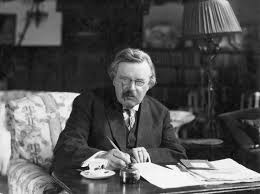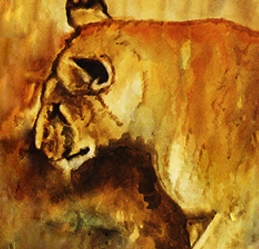God’s Likeness
Not in mine own, but in my neighbor’s face,
Must I Thine image trace;
Nor he in his, but in the light of mine,
Behold thy Face Divine.
Deus Absconditus
My God has hid Himself from me
Behind whatever else I see;
Myself—the nearest mystery—
As far beyond my grasp as He.
And yet, in darkest night, I know,
While lives a doubt-discerning glow,
That larger lights above it throw
These shadows in the vale below.
The Stranger
He entered; but the mask he wore
Concealed his face from me.
Still, something I had seen before
He brought to memory.
“Who art thou? What thy rank, thy name?”
I questioned, with surprise;
“Thyself,” the laughing answer came,
“As seen of others’ eyes.”
Recognition
At twilight, on the open sea,
We passed, with breath of melody—
A song, to each familiar, sung
In accents of an alien tongue.
We could not see each other’s face,
Nor through the growing darkness trace
Our destinies; but brimming eyes
Betrayed unworded sympathies.
My Neighbor
My neighbor as myself to love,
Thou hast commanded me,
And in obedience I prove
That Thou Thyself art he.
For a recitation, click the play button:
Audio Player
“God’s Likeness”: Lyrics, p. 130; Poetry, p. 338. April 1894.
“Deus Absconditus”: Lyrics, p. 129; Poetry, p. 219. September 1892 – February 1896. Deus Absconditus: Latin, Hidden God; see Isaiah 45:15.
“The Stranger”: Poems, p. 50; Poetry, p. 241. 1894. As seen of means as seen by or through.
“Recognition”: Poems, p. 34; Poetry, p. 246. 1894.
“My Neighbor”: Later Poems, p. 36; Poetry, p. 346. 1910. The poem alludes to Leviticus 19:18, quoted in Mark 12:31, and to Matthew 25:31-46.


